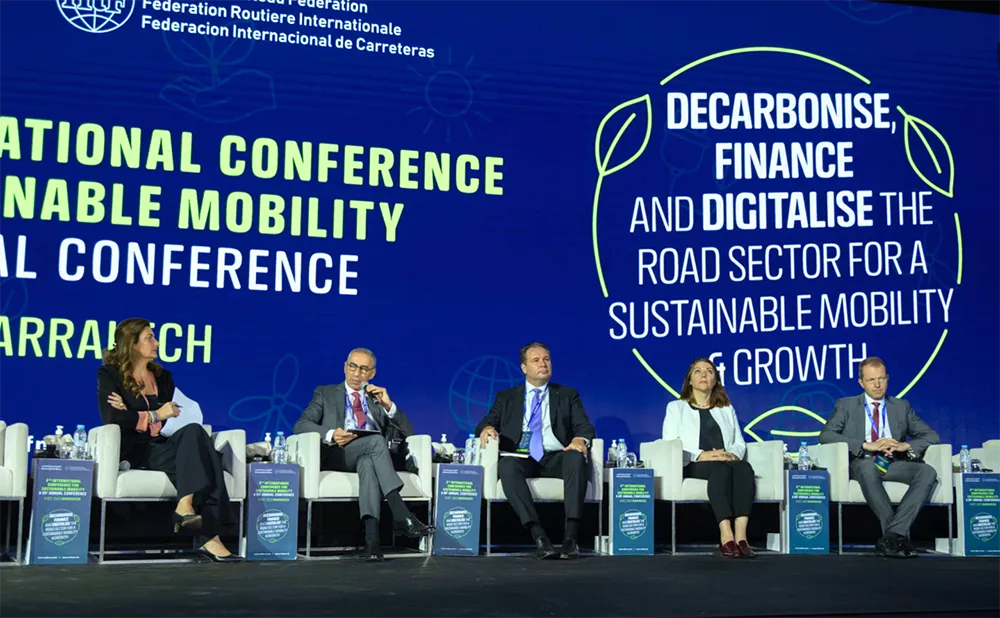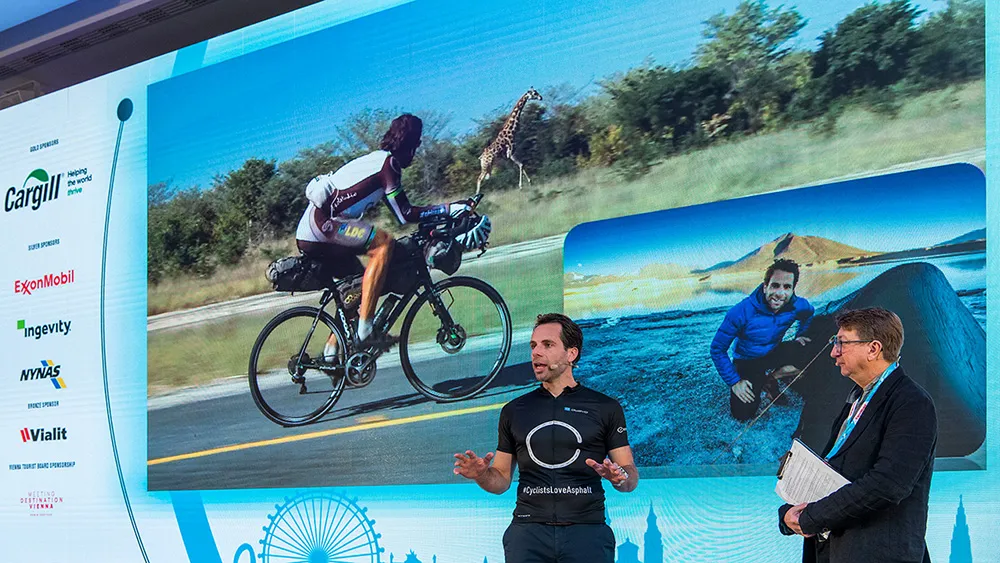
Achieving the UN Sustainable Development Goals depends on efficient multimodal transport systems and services where roads play a central role. Effective road transport, road networks, tunnels and bridges, and the associated services are thus essential to ensure the sustainable mobility of people and goods and to ensure we leave no one behind.
In this context, the International Road Federation (IRF) together with the European Association of Tollway Operators (ASECAP), ERTICO, the European Union Road Federation (ERF) the International Road Transport Union (IRU), the African Road Maintenance Funds Association (ARMFA), and the International Tunnelling and Underground Space Association (ITA-AITES), - leading organisations in the road sector - issued a joint statement. This restates the sector’s firm commitment to effectively reduce CO2 emissions to net zero by 2050 in line with the Paris Agreement.
The joint statement is a follow-up action to the recommendations that came out from the IRF Annual Conference hosted in Marrakech on 6th October. It is a collective call to all parties to act with pragmatism, ensure a just transition and embrace innovation.
“We need to embrace system thinking and decarbonise without compromising the services we provide and without undermining a network (roads, tunnels and bridges) that serves all other transport modes, including active mobility and mass transport,” commented IRF president, Anouar Benazzouz at the release of the joint statement.
• The Road Sector Joint Statement for COP27 can be accessed on www.irfnet.ch








